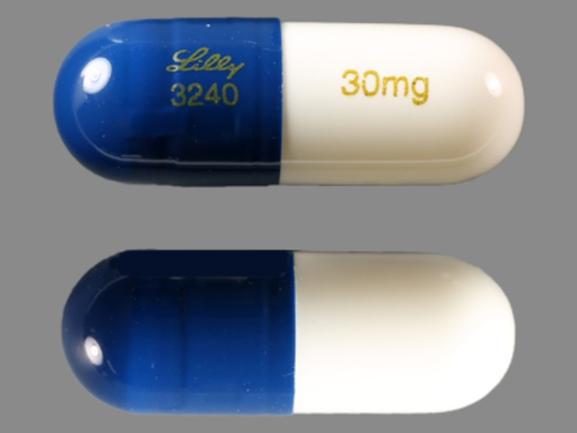Cymbalta and Alcohol/Food Interactions
There are 2 alcohol/food/lifestyle interactions with Cymbalta (duloxetine).
Duloxetine Food/Lifestyle
Moderate Food Interaction
DULoxetine may cause liver damage, and taking it with alcohol may increase that risk. You should avoid or limit the use of alcohol while being treated with DULoxetine. Call your doctor immediately if you have fever, chills, joint pain or swelling, excessive tiredness or weakness, unusual bleeding or bruising, skin rash or itching, loss of appetite, nausea, vomiting, dark colored urine, or yellowing of the skin or the whites of your eyes, as these may be symptoms of liver damage. It is important to tell your doctor about all other medications you use, including vitamins and herbs. Do not stop using any medications without first talking to your doctor.
Switch to professional interaction data
Duloxetine High Blood Pressure (Hypertension)
Moderate Potential Hazard, Moderate plausibility
SNRI antidepressants - hypertension
Selective serotonin and norepinephrine reuptake inhibitor antidepressants (SNRIs) have been associated with sustained increases in blood pressure. Therapy with SNRI antidepressants should be administered cautiously in patients with preexisting hypertension. Blood pressure should be assessed prior to initiating treatment and monitored regularly. The dose should be reduced or discontinued if necessary.
Switch to professional interaction data
Cymbalta drug interactions
There are 635 drug interactions with Cymbalta (duloxetine).
Cymbalta disease interactions
There are 10 disease interactions with Cymbalta (duloxetine) which include:
- liver disease
- renal disease
- depression
- diabetes
- glaucoma
- hypertension
- hyponatremia
- mania
- seizures
- urinary tract obstruction
More about Cymbalta (duloxetine)
- Cymbalta consumer information
- Check interactions
- Compare alternatives
- Pricing & coupons
- Reviews (1,908)
- Drug images
- Side effects
- Dosage information
- Patient tips
- During pregnancy
- Support group
- FDA approval history
- Drug class: serotonin-norepinephrine reuptake inhibitors
- Breastfeeding
- En español
Related treatment guides
Drug Interaction Classification
| Highly clinically significant. Avoid combinations; the risk of the interaction outweighs the benefit. | |
| Moderately clinically significant. Usually avoid combinations; use it only under special circumstances. | |
| Minimally clinically significant. Minimize risk; assess risk and consider an alternative drug, take steps to circumvent the interaction risk and/or institute a monitoring plan. | |
| No interaction information available. |
See also:
Further information
Always consult your healthcare provider to ensure the information displayed on this page applies to your personal circumstances.


